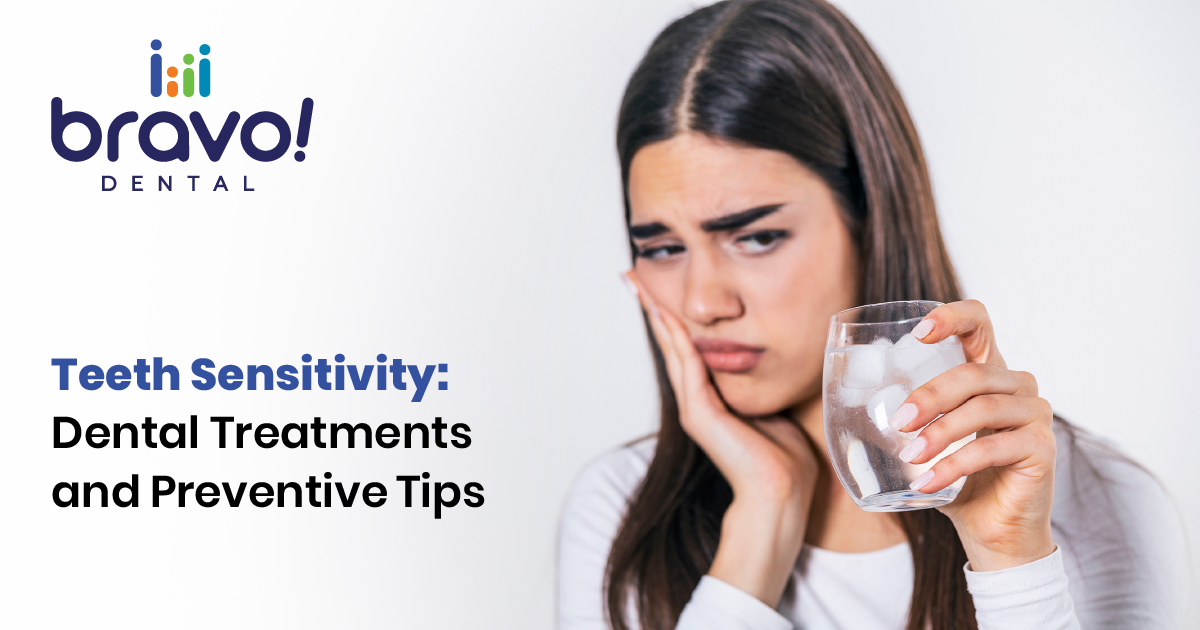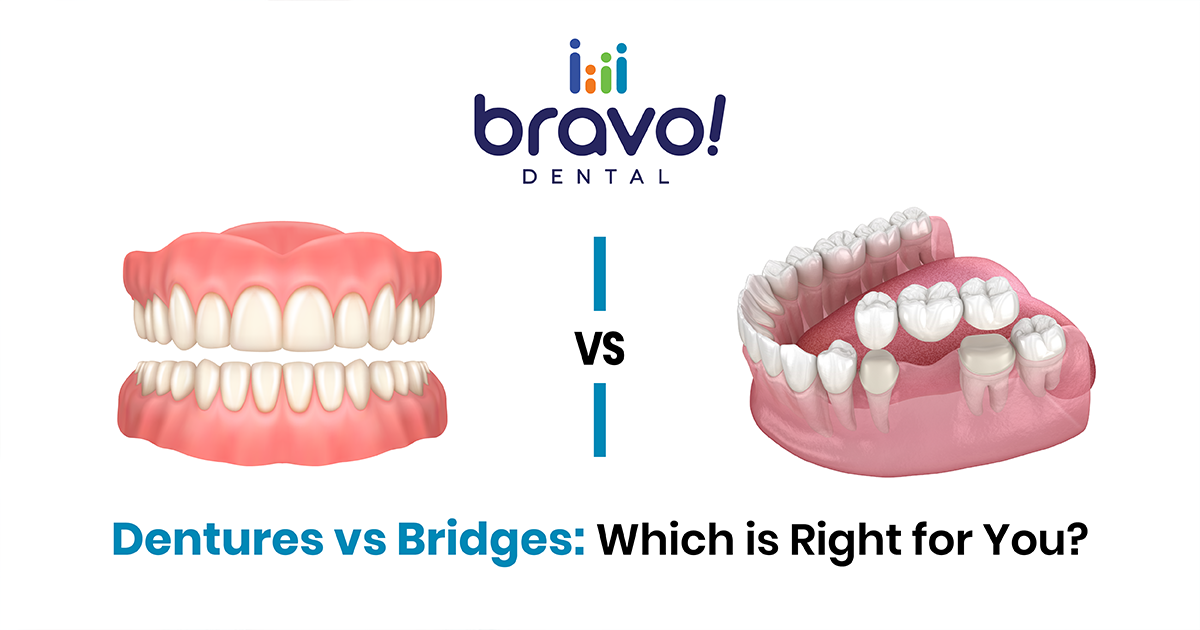
According to the Academy of General Dentistry, at least 40 million adults across the United States grapple with sensitive teeth. This condition occurs when the protective enamel on the teeth wears down or the gum line recedes, exposing the underlying dentin and nerve endings. Hot, cold, sweet, or sour stimuli can trigger teeth sensitivity and disrupt the simplest pleasures of eating and drinking. It is crucial to take adequate preventive measures before you lose your entire enamel.
Home Remedies for Relief
While some home remedies offer temporary relief, it’s important to note that they may not address the underlying cause. Here are a few options to try:
Desensitizing Toothpastes: These toothpastes contain potassium nitrate or stannous fluoride that blocks the tubules, reducing sensitivity.
Saltwater Rinse: Mixing half a teaspoon of salt in warm water creates a natural disinfectant that can also reduce inflammation in the gums. Swish for 30 seconds twice daily.
Fluoride-based Mouthwash: Fluoride strengthens enamel and can help prevent further sensitivity. Discuss options like fluoridated mouthwash or gels with your dentist.
Long-Term Dental Treatments
For long-lasting relief and to address the root cause of the sensitivity, consult the dentist for treatments such as:
Fluoride Treatment: Dentists may apply a concentrated fluoride solution to the teeth to strengthen and re-mineralize the enamel which can reduce sensitivity.
Dentin Sealants: Sealants are special bonding agents applied to exposed dentin or root surfaces to block the tubules and prevent sensitivity.
Gum Grafting: In cases of severe gum recession, gum grafting procedures can be performed to cover exposed roots.
Root Canal Therapy: For cases of extreme sensitivity due to decay or infection, root canal therapy may be necessary to remove damaged tissue and alleviate pain.
Fillings or Crowns: Replacing worn-down fillings or damaged teeth with crowns can create a barrier and protect sensitive areas.
Custom Mouthguards: Dentists may recommend custom mouthguards to prevent teeth grinding or clenching, which can exacerbate sensitivity.
Day-to-Day Preventive Tips
Here are some practices to incorporate into your routine to prevent future teeth sensitivity:
Maintain Good Oral Hygiene: Brush twice daily with a soft-bristled brush and floss once a day to remove plaque, prevent gum disease, and reduce irritation to the gums and enamel.
Use a Desensitizing Toothpaste: Continue using a desensitizing toothpaste even after initial sensitivity subsides for long-term protection.
Mind Your Diet: Limit acidic foods and drinks like citrus fruits, soda, or wine, and opt for water instead of sugary beverages.
Schedule Regular Dental Checkups: Regular dental visits allow your dentist to identify and address any potential issues before they cause sensitivity.
Consider a Mouthguard: If you grind your teeth at night, a mouthguard can prevent enamel wear and tear.
Limit Teeth Whitening Products: Excessive use of teeth whitening products can worsen sensitivity. Use them sparingly and under dental supervision.
Conclusion
Teeth sensitivity can significantly impact daily life, causing discomfort and pain during routine activities like eating and brushing. By implementing a combination of home care and professional treatments, you can win the battle against those unexpected twinges and enjoy a pain-free, refreshing bite. If you experience persistent or severe sensitivity, consult our dental experts at Bravo! Dental for personalized guidance for optimal oral health.
happy to hear from you, contact us
Fill out the contact form below and Feel free to send any question or query.




